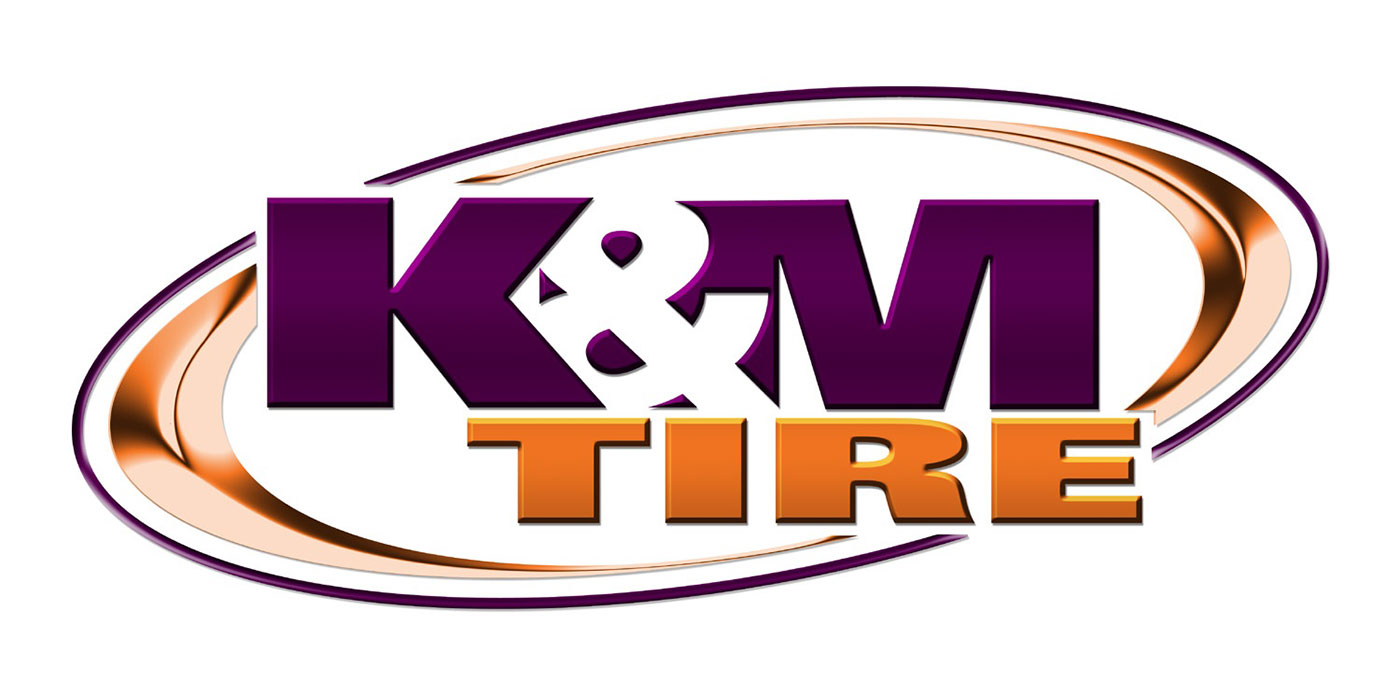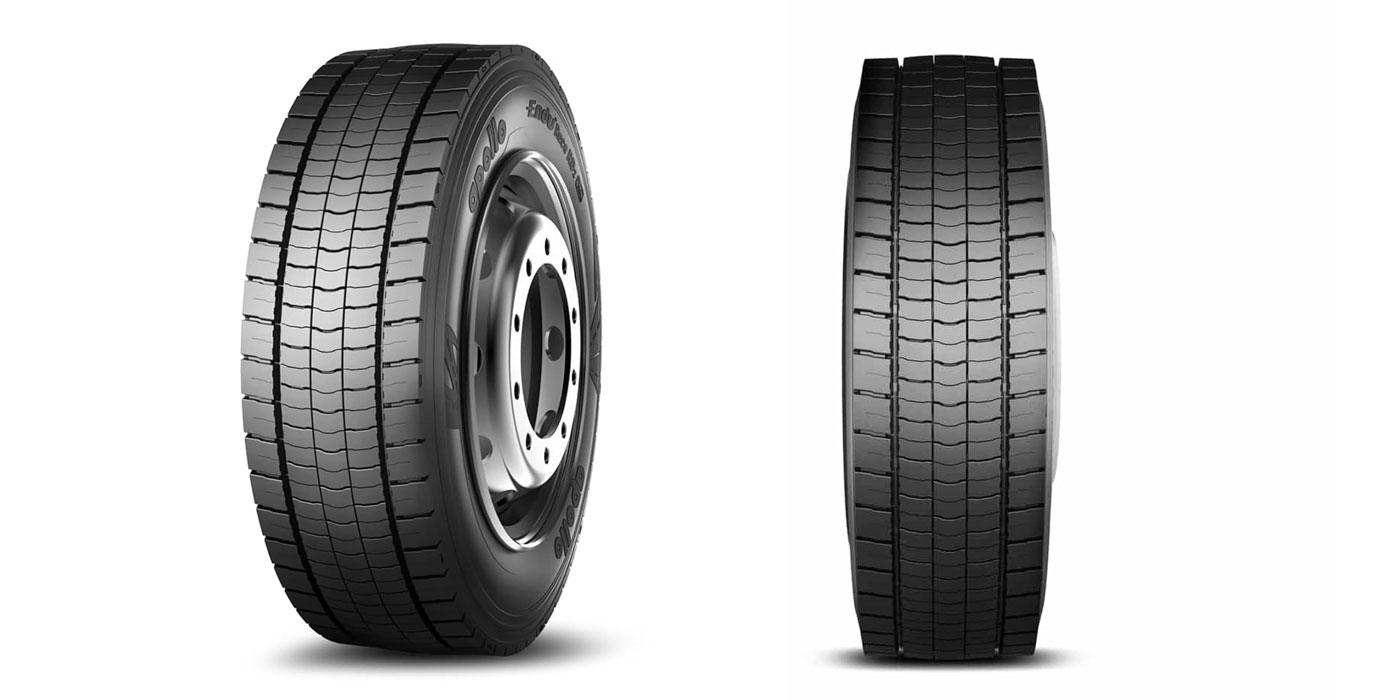I’m certainly glad I don’t manage a fleet. Selecting fleet fuels is a difficult job in the best of times, but how can you do it properly in the midst of all the recent discussions and turmoil?
For some fleets, stockholders insist that your fleet is "green," yet your operation must show a profit. Environmental activists insist that governments regulate the type of fuel you use, often without convincing data. Electric vehicles are portrayed as having “zero emissions” (an absolute falsehood, since fossil fuels are burned to generate the electricity needed to charge the batteries), and the cost of replacement batteries is never discussed.
How should a fleet manager decide which fuels he will use both today and in the near future? Facts, not marketing hyperbole, will help you make these decisions.
The Feds recently passed legislation requiring significant reductions in both fuel consumption and greenhouse gas (GHG) emissions by the 2018 model year. OEMs now have to switch from reducing exhaust emissions to improving engine efficiency (this should have been done years ago).
Fact #1—No fuel gets better fuel economy per unit volume than diesel, primarily due to its density. This should be your fleet’s primary fuel in the near term. Gasoline might appear to be a good choice, but it gets 25% to 30% less fuel economy under equivalent operating conditions. Besides, if you utilize gasoline, you are at the mercy of those governments requiring the use of ethanol in gasoline.
Fact #2—Corn-based ethanol decreases fuel economy. Whether you decide to use diesel or gasoline in your fleet, you must consider another fact.
Fact #3—The cost of crude oil-based fuels will increase significantly over time. The world reached peak crude oil production in 2006, yet demand for these fuels is increasing due to the industrialization of China. The price of both diesel and gasoline will be steadily increasing.
What alternate fuel do you use to please stockholders and the environmentalists?
Fact #4—Electrical hybrids make good sense if you operate in urban areas with considerable stop-and-go traffic, and your operation isn’t weight limited. If you don’t meet both of these criteria, investigate other alternate fuels (or hybrid-types). Operating range can also be an issue.
A tremendous amount of R&D is currently underway on alternate fuels such as biodiesel and various algae-based fuels. If you consider your fleet to be an “early adopter,” you could choose one of these fuels. However, remember that R&D costs money—your fleet’s operating money.
I think gaseous fuels make the most logical choice. I’ve been watching the recent interest in natural gas, methane and propane intently. Fleets have operated vehicles on gaseous fuels, particularly propane, since the ’60s, so a wealth of experience with gaseous fleet fuels exists. Granted there are refueling issues with gaseous fuels, but if you can solve these issues inexpensively, gaseous fuels have a lot to offer. Let’s examine some gaseous fuel facts.
Fact #5—There are more natural gas reserves in the U.S. than crude oil reserves in the Middle East. The recent perfection of hydraulic fracturing (fracking) has opened up tremendous reserves all over our country. We have so much natural gas that the Chinese are now heavily investing in both U.S. and Canadian shale deposits. With these vast reserves, the price of natural gas fuels will remain low.
Fact #6—Gaseous fuels are clean-burning. Natural gas engine oils are much less complex than gasoline or diesel engine oils. The fleet operator can utilize natural gas engine oils in his fleet at a lower cost, and oil change intervals should also increase.
To consider which gaseous fuel to utilize, fleet operators must do the financial calculations for their operations (including refueling costs and government subsidies), but I’m convinced that gaseous fuels will be the next reasonable alternate fuel.













